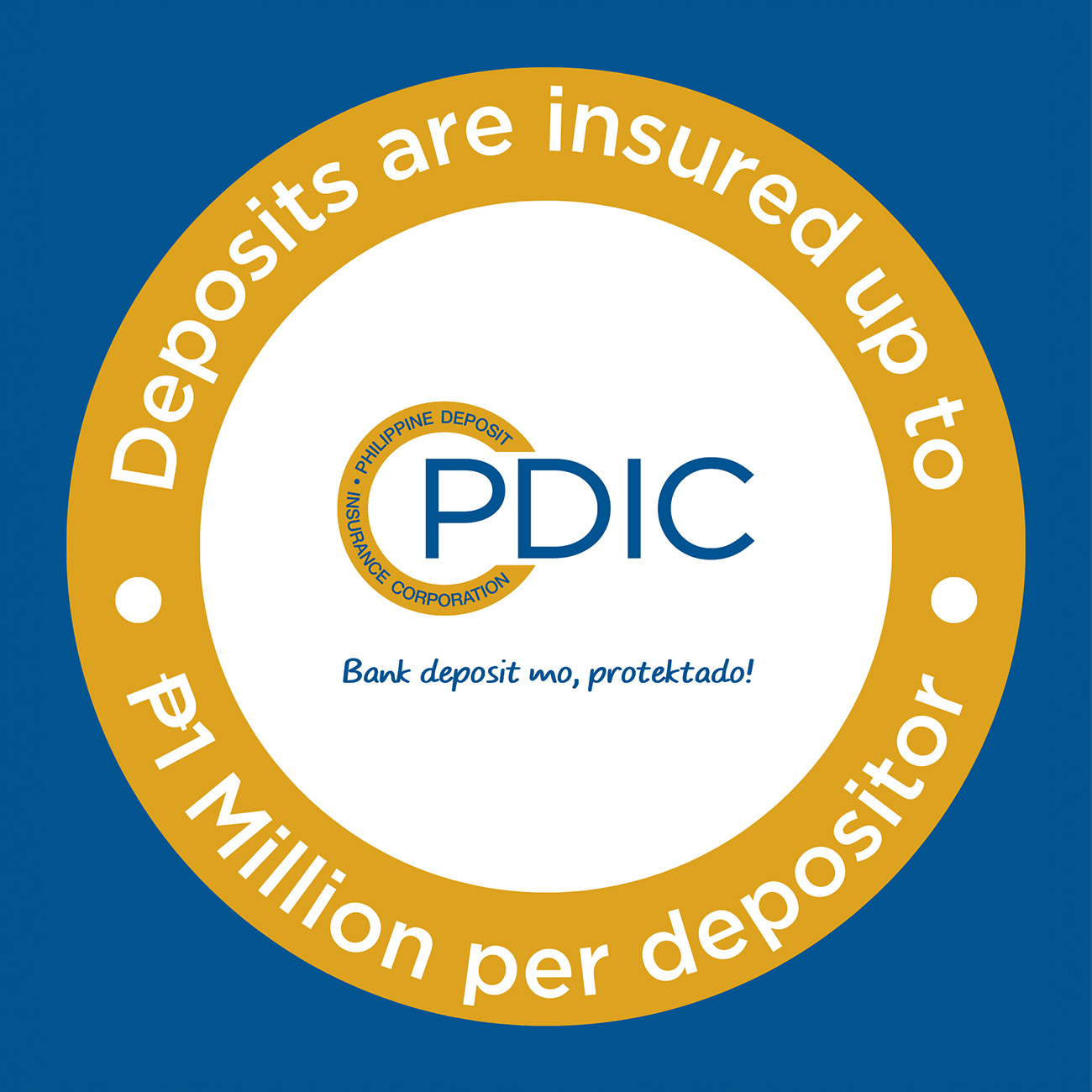You work hard, plan smart, and take pride in growing your money. But there’s one thing that can quickly decrease the real value of your investments if you’re not careful: inflation. Inflation doesn’t just raise the prices of goods and services; it also affects how much your investments are really worth.
If you’re planning for long-term wealth or financial milestones, understanding inflation risk in investments is non-negotiable.
What is Inflation?
Inflation is the general increase in prices over time. For example, imagine a monthly grocery budget of 1,000 pesos. If inflation causes food prices to increase by 10%, that same 1,000 pesos will now only cover what used to cost about 900 pesos. This means your purchasing power erodes if your income or savings don’t grow faster than inflation.
What Causes Inflation?
Several factors drive inflation, and here are the most common:
- Demand-pull inflation – When more people have money to spend, demand rises, and businesses raise prices to keep up.
- Cost-push inflation – When production costs (like fuel or wages) rise, companies pass that cost on to consumers.
- Currency depreciation – A weak peso increases the cost of imported goods.
- Government policy – Changes in interest rates, taxes, or money supply can also impact inflation.
Is inflation bad? Not always. A low and steady rate is expected in a growing economy. But when it outpaces income or investment returns, it erodes wealth.
That’s why it's crucial to factor in inflation into every major financial decision, especially investing.
What is Inflation Risk in Investment?
Inflation risk, also called purchasing power risk, is the likelihood that inflation will reduce the value of your investment returns. It’s a hidden but very real threat to your long-term financial goals.
Imagine you invest in a bond that pays 4% interest per year. If the inflation rate climbs to 6%, your real return is not 4%—it’s actually negative 2%. Even though your money grew on paper, its actual buying power shrank. In other words, you earned a return, but you can now afford less than before.
So, how does the inflation rate affect investments? The goal of investing is to grow your money over time, but inflation can eat into your gains if you’re not strategic about it. Here’s how:
1. Lower Real Returns
Real return is what’s left of your investment earnings after subtracting inflation. For example, if your portfolio grows by 6% but inflation is at 4%, your real return is just 2%. Understanding lower real returns is key to making smarter decisions. It emphasizes why diversification and inflation-protected assets are essential so that your investment portfolio holds its true value against the rising cost of living.
2. Erosion of Fixed Income Investments
The relationship between inflation and investment returns is particularly important for conservative investments, such as savings accounts, bonds, or time deposits. While these options offer stable returns, they often fail to keep pace with inflation. Over time, the gap between your nominal returns and the rising cost of living can decrease the value of your money.
3. Market Volatility
Inflation affects how investors feel about risk. Rising inflation can lead to higher interest rates, which may lower stock prices and make borrowing more expensive for companies. Currency markets also become more sensitive during periods of inflation. Changes in interest rates and inflation expectations influence exchange rates, which is why many investors and traders closely monitor forex charts to identify trends and anticipate shifts in currency values.
Many investment scams falsely promise “inflation-proof” returns or offer “guaranteed high returns regardless of market conditions.” Be cautious. No legitimate investment is immune to inflation—but there are strategies to stay ahead of it.
The good news is that while you can’t eliminate inflation risk, you can manage it. Here are actionable steps you can take:
1. Diversify Your Portfolio
Don't put all your eggs in one basket. Mix growth assets (such as stocks) with income assets (like bonds), and consider real estate or REITs for long-term protection.
2. Rebalance Regularly
Inflation doesn’t impact all assets the same way. Stocks, bonds, and real estate can perform very differently depending on economic conditions. That’s why it’s important to review and rebalance your portfolio at least once or twice a year. By doing this, you ensure that your investments stay aligned with your risk tolerance and long-term goals.
3. Monitor Your Cash Holdings
While it’s wise to keep a buffer for unexpected expenses, consider moving excess cash into investments that offer better growth opportunities. High-yield savings accounts, time deposits, or short-term bonds are a good starting point. The goal is to strike a balance between liquidity and growth so your money continues to work for you.
4. Be Mindful of Time Horizon
Your investment time frame matters. If you're planning for long-term goals like retirement, you need investments that have the potential to outpace inflation over time. Being aware of your time horizon enables you to choose the optimal asset mix that preserves your purchasing power while accumulating wealth for the future.
5. Work With a Financial Advisor
Your age, income, financial goals, and risk appetite all play a role in shaping the right approach. A licensed financial advisor can provide tailored advice and help you build a portfolio that can weather inflationary periods. They can also help identify suitable investment instruments. Working with a professional ensures your decisions are grounded in expert insight, giving you confidence and clarity in your financial planning.
Keep Inflation in Check While You Grow Your Wealth
You work hard to grow your wealth, and the last thing you want is to see its real value quietly shrink over time. That’s precisely what inflation can do to investments: it weakens your purchasing power, lowers real returns, and adds to market volatility.
Fortunately, you’re not powerless against it. By diversifying, rebalancing regularly, monitoring cash holdings, and aligning investments with your time horizon, you can make sure your money works harder than inflation. A trusted financial advisor or bank can also help you create an investment strategy that balances growth, stability, and resilience.
Factoring in inflation risk into your investment is no longer optional—it’s a necessity. When you plan with inflation in mind, you safeguard your future, protect your purchasing power, and move closer to achieving your financial milestones.

How to Pay Your Credit Card Bills Online

5 Key Terms in Your Credit Card Statement You Must Know



